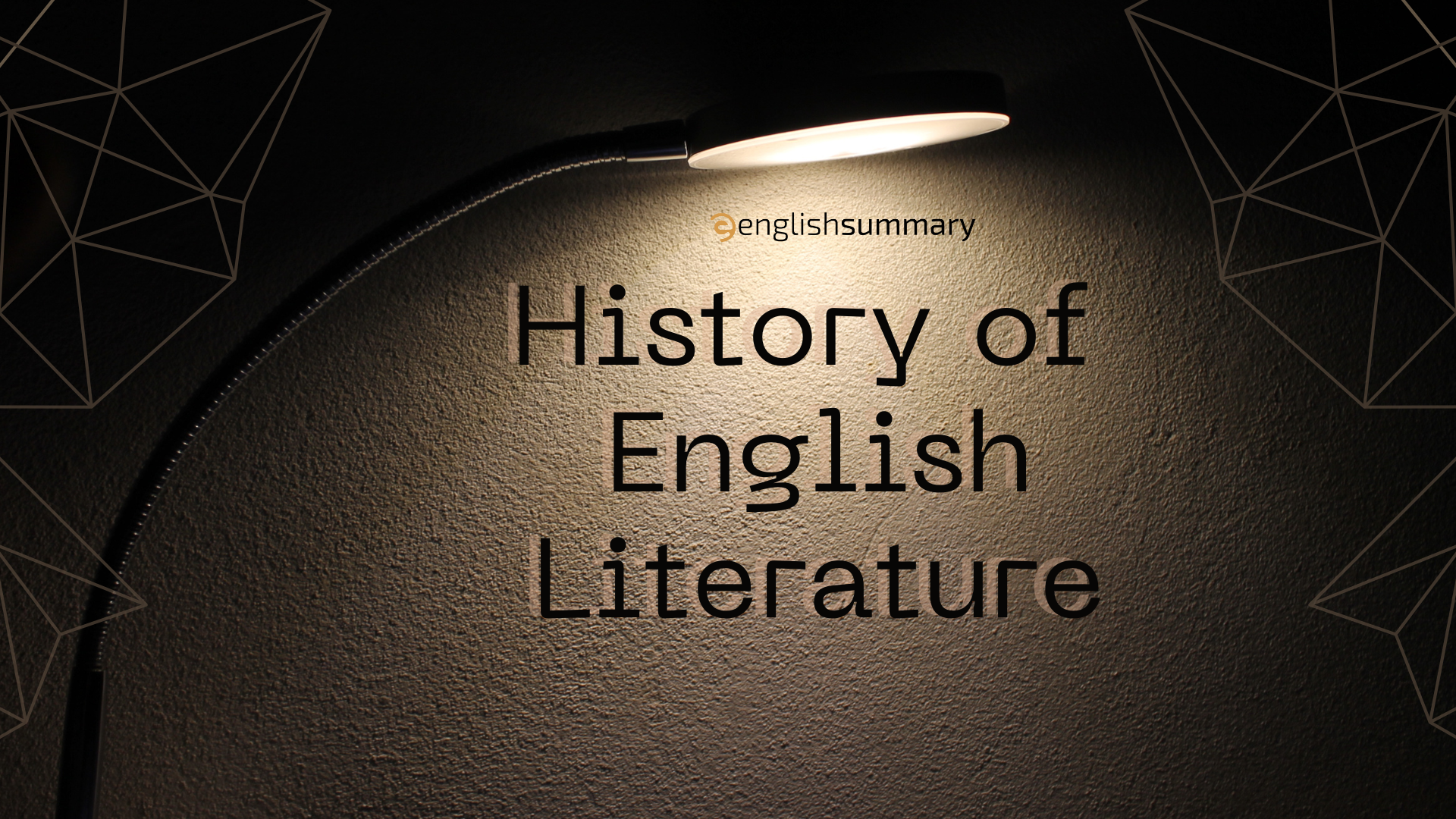English literature has a rich and diverse history, spanning centuries of creative expression and cultural evolution. From the earliest recorded works in Old English to the experimental narratives of the post-modern era, each period of English literature reflects the unique perspectives and artistic achievements of its time.
This tabular list provides a brief overview of key periods, their approximate time frames, and notable characteristics. Exploring these periods allows us to appreciate the evolution of literary styles, themes, and societal influences that have shaped English literature into what it is today.
| Period | Time Frame | Characteristics |
|---|---|---|
| Old English | 450-1066 | Beowulf, Anglo-Saxon literature, oral tradition |
| Middle English | 1066-1500 | Geoffrey Chaucer, Canterbury Tales, rise of English vernacular |
| Renaissance | 1500-1660 | Shakespeare, sonnets, humanism, revival of classical themes |
| Restoration | 1660-1700 | John Dryden, Restoration comedy, social and political satire |
| Augustan Age | 1700-1745 | Alexander Pope, satire, neoclassical ideals |
| Romanticism | 1780-1830 | William Wordsworth, Samuel Taylor Coleridge, nature, emotion |
| Victorian Age | 1837-1901 | Charles Dickens, Charlotte Bronte, social issues, realism |
| Edwardian Period | 1901-1914 | Joseph Conrad, E.M. Forster, criticism of social norms |
| Modernism | 1900-1950 | T.S. Eliot, Virginia Woolf, experimental forms, disillusionment |
| Post-Modernism | 1950-present | Salman Rushdie, Margaret Atwood, self-reflexivity, intertextuality |


